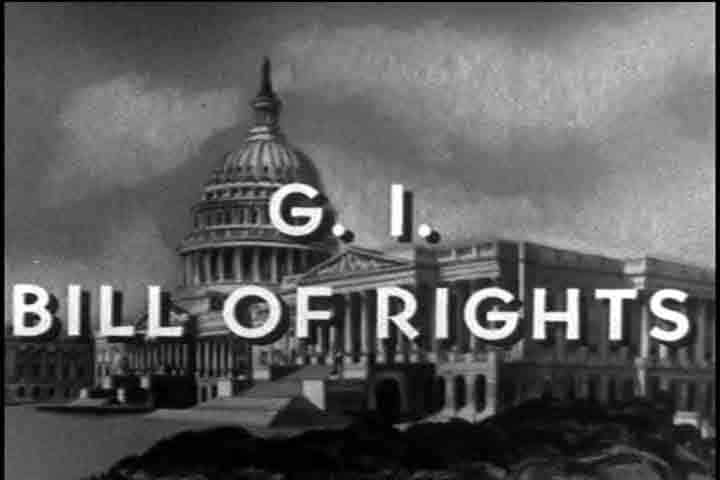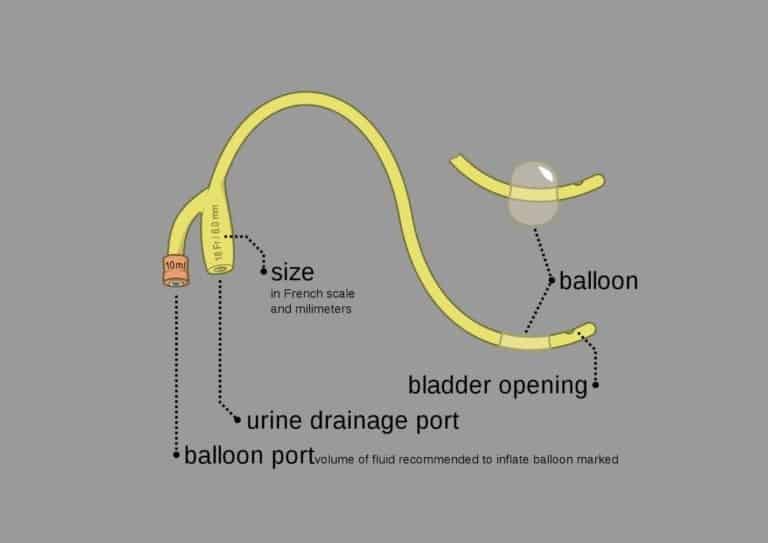Supreme Court Expands Educational Benefits for Certain Military Veterans
The Supreme Court sided with James Rudisill, a decorated combat veteran, on Tuesday, in his protracted legal battle against the Department of Veterans Affairs (VA) over the calculation of his educational benefits. The decision, made by a 7-2 majority, underscores ongoing issues within the VA concerning the allocation of G.I. Bill benefits to veterans who served both before and after September 11, 2001.
A Complex Case of Two G.I. Bills
James Rudisill, a retired Army captain now employed as an FBI agent, has navigated the complexities of two different G.I. Bill programs. According to these programs, veterans are entitled to 36 months of educational benefits, with a cumulative cap of 48 months. Rudisill believed he was entitled to an additional 12 months under the newer G.I. Bill, based on his service records. However, the VA’s calculations provided him with significantly fewer benefits, directly impacting his plans to attend Yale Divinity School and pursue ordination as an Episcopal priest, with the goal of re-entering the Army as a chaplain.
Broader Implications for Veteran Benefits
The VA’s handling of Rudisill’s case raises questions about the broader implications for other veterans who might find themselves in similar situations. While Rudisill’s attorneys estimate that the decision could potentially affect approximately 1.7 million veterans, the VA has contested this figure, suggesting it is not representative of the broader veteran population.
Calls for Systemic VA Reform
This case highlights significant challenges in the VA’s administration of benefits, particularly regarding veterans who have served across different legislative periods of the G.I. Bill. The Supreme Court’s ruling not only provides a resolution for Rudisill but also sets a precedent that may influence how the VA calculates and distributes benefits to other veterans in complex cases.
The outcome of this case signifies a critical juncture for the VA, suggesting the need for a review and possible overhaul of how educational benefits are administered to ensure that veterans receive the support promised to them under law. As the VA navigates this ruling, the implications for veterans seeking to utilize their earned educational benefits in the future could be profound, potentially prompting policy changes to prevent similar disputes.
FAQs
What is the G.I. Bill?
The G.I. Bill is a series of U.S. laws offering educational benefits, housing assistance, and other support to veterans. Originating from World War II, its most notable recent form is the Post-9/11 G.I. Bill, which provides funding for veterans’ education and housing post-September 11, 2001.
What was the Supreme Court’s decision regarding veteran educational benefits?
The Supreme Court, with a 7-2 majority, sided with James Rudisill, ruling that the Department of Veterans Affairs (VA) had improperly calculated his educational benefits under two different G.I. Bill programs.
How does this decision affect other veterans?
This ruling could influence other veterans who served during changes in G.I. Bill legislation and believe their benefits were incorrectly calculated, offering a legal precedent to challenge the VA’s decisions.
What was James Rudisill’s intended use for the educational benefits?
Rudisill aimed to use his benefits to attend Yale Divinity School and pursue ordination as an Episcopal priest, planning to return to the Army as a chaplain.
What does the VA say about the potential number of veterans affected by similar issues?
While Rudisill’s attorneys claimed up to 1.7 million veterans might be impacted, the VA has contested these figures, suggesting they are not reflective of the broader veteran population.
What are the potential implications for VA policy following this ruling?
The decision may lead the VA to reevaluate and possibly amend how it calculates G.I. Bill benefits, ensuring more accurate and fair processes for granting veterans’ educational support.





Denial of care more common than denial of benefits these days. If mental health doesn’t have time for you or doesn’t enjoy your company…they have many tricks up their sleeves. Extra questions about childhood and any “non-military related trauma.” Bogus empathy tests, “personality assessments,” catastrophising behaviors. That sort of shit they usually pull out on people with PTSD ratings around the ten year mark. You got serious pain? They got something for that too. It’s called “Sorry, you can only see primary care once a year now.” Of course no pain pills, no surgery, only “send you to physical therapy ” over and over again. That’s really abuse if you think about it. They have no intention of EVER solving certain problems..you better believe it. Don’t waste your time. Let em use some other idiot to draw a paycheck. Check out of the scam.